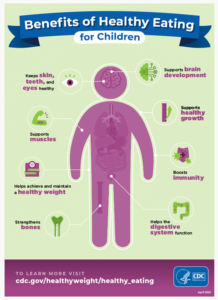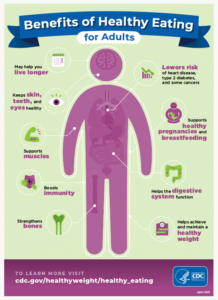Our Services
Opening Hours
Monday to Friday: 8am to 6pm
Saturday, Sunday and Public Holidays: Closed
Contact Details
Phone 03 348 8989
Address
183 Riccarton Road, Riccarton Christchurch 8041
Find us on Google Maps →
Remedy Pharmacy Riccarton
107 Wainui Street, Riccarton
Phone: 03 925 9963
Visit website →
After Hours
Face to Face Appointments
24 Hour Surgery (no appointment needed)
Address: 401 Madras Street
Phone: 03 365 7777
Telehealth GP Appointments
Practice Plus
Click on Practice Plus Link
Telehealth Emergency Doctor Appointments
Emergency Consult
Click on Emergency Consult Link
When we are closed, our phones are diverted to Whakarongarau (formerly Homecare Medical), a nurse operated answering service. They can offer phone advice. More information about their service is available on this link.
Click on After Hours Link for more information
Copyright © Doctors on Riccarton Brought to life by Happy Monday Staff Login






